It is a warm evening in Cairo in the early 1950s. Talaat Harb Square glows under the streetlights, shop windows are lit and trams rattle by. Inside Groppi, marble floors shine under chandeliers, the glass counters gleam with rows of chocolates, and cakes draw in every passerby. Waiters in crisp uniforms move quickly between tables, their trays balancing porcelain cups and pots of coffee.
At the back, the garden comes alive. Lanterns hang from the trees, casting soft light across the greenery. The air carries the sweetness of pastries mixed with the sharp notes of tobacco smoke.
A band begins to play, the sound of violins and brass floats above the chatter of Cairo’s elites; actors, singers, politicians, and writers, are gathered in small groups as their voices rise and fall with excitement. The projector hums, ready to throw moving images onto a screen as couples lean back in their chairs, the night filled with music, film, and the easy glamour of a city at its peak.
This was Groppi Café in Talaat Harb Square during the 1950s.
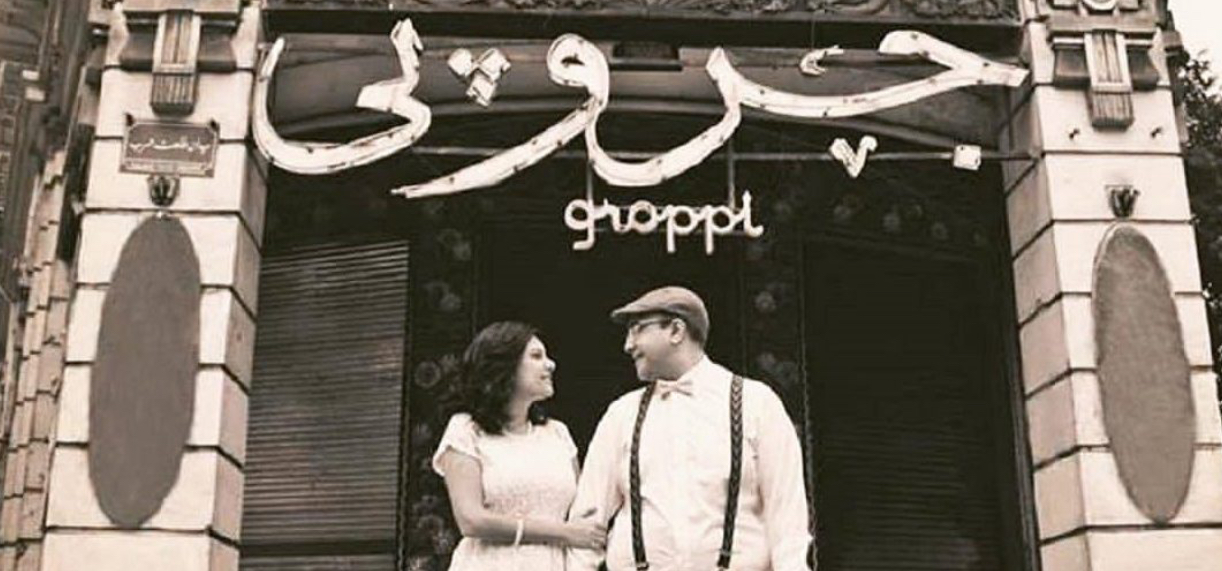
Groppi was founded by Swiss chocolatier Giacomo Groppi in Alexandria in 1890. He then opened a branch in Cairo’s Abdel Khalek Tharwat Street in 1909, followed by the famous branch in Talaat Harb Square in 1924. The family later opened two smaller, simpler shops to keep up with demand.
Groppi introduced new delights to Egyptians: éclairs, Chantilly cream, Swiss chocolates, ice-cream, and jams were all served in its shops. It quickly became a hub where food and culture met.
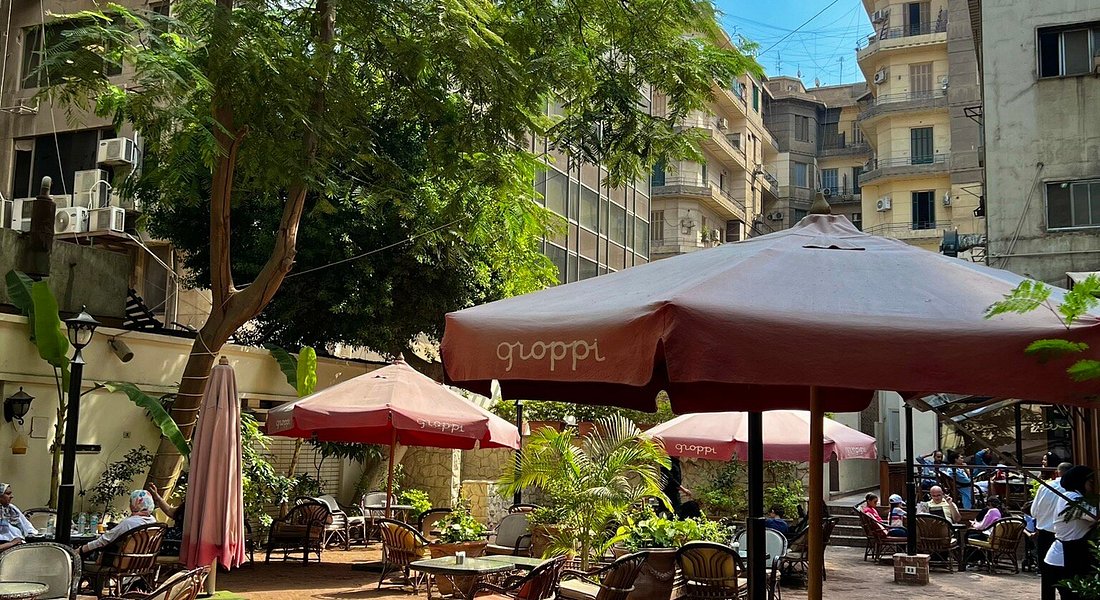
Groppi was more than a restaurant. It hosted musical evenings, brought in foreign bands, and became home to Egypt’s first outdoor cinema in its garden. The café turned into a cultural salon where political debates, social gatherings, and artistic performances took place.
Famous figures often visited Groppi. Umm Kulthum had her breakfast and coffee there, while Asmahan, Kamel El-Shennawi, and Faten Hamama were also regulars. Author Naguib Mahfouz was among its literary patrons. The café is also remembered as the place where director Youssef Chahine met Omar Sharif and offered him his breakthrough role in Sira‘ fi al-Wadi (Struggle in the Valley, 1954).
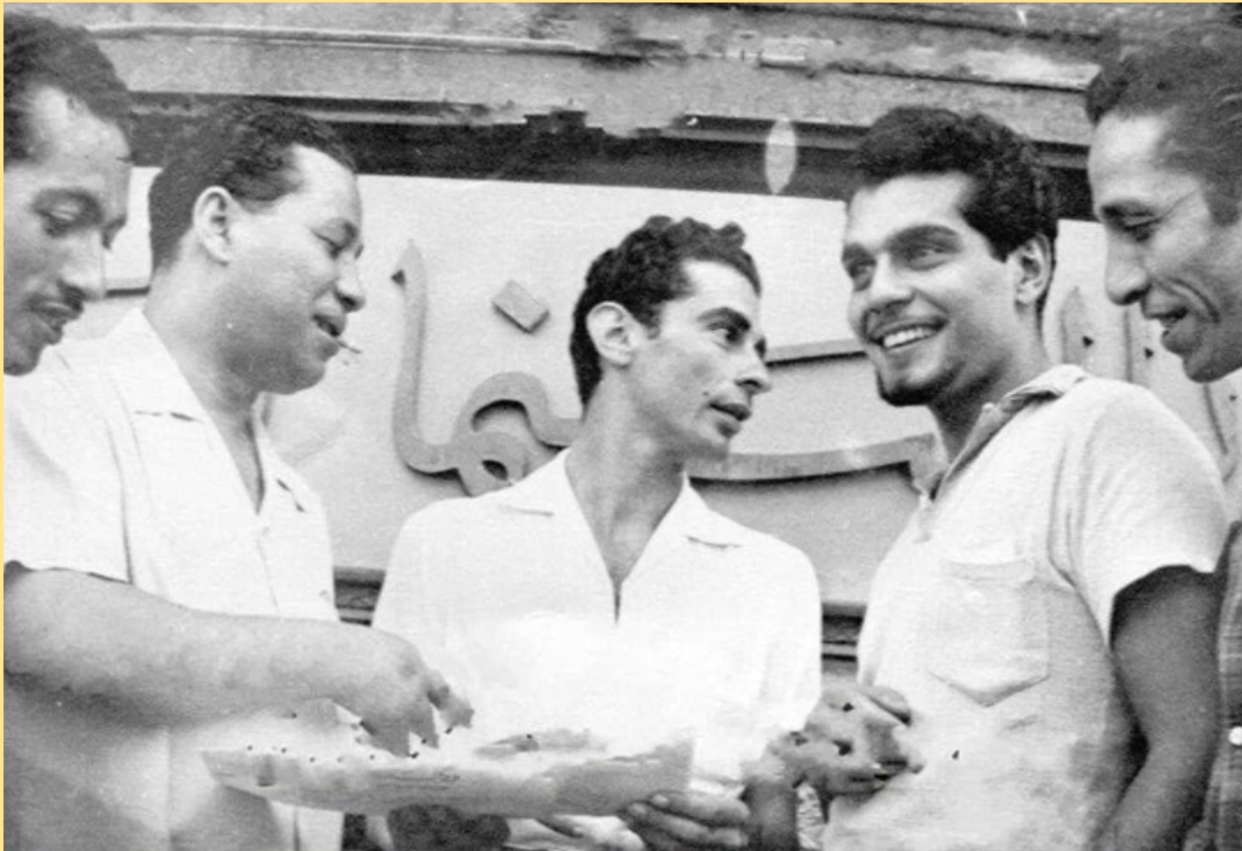
Even royalty enjoyed Groppi’s creations. King Farouk was so fond of its chocolate that during World War II, he sent 100 kilograms as a gift to King George VI and his daughters, Princesses Elizabeth and Margaret.
Because of its booming reputation, Groppi appeared in many films.
Its Talaat Harb branch, with its art deco interiors and garden stage, was used as a backdrop in Egyptian cinema. Among the Egyptian films shot there are Al-Ataba Al-Khadra (The Green Gate, 1959), Yom Min Omri (A Day of My Life, 1961), Amarat Yaqubian (The Yacoubian Building, 2006), and Hala’ AlSayidat (Ladies Hairdresser, 1960). Its role in cinema strengthened its image as a meeting place for love stories, political intrigue, and cultural life.
Groppi survived Black Saturday on 26 January 1952, when much of downtown Cairo was burned. Two years later, in 1954, a bomb exploded in the patisserie on orders claimed to be linked to Nasser’s regime, though no one was harmed.
Later in 1981, Groppi’s heirs sold the business to the Egyptian-owned Arab Food Company (Lokma Group), which maintained its traditional look and atmosphere.
The Cafe then closed down for major renovations in 2017, made by Egyptian company Alchemy Design Studio, and was later available to the public again in 2018 at full capacity.
Nowadays, Groppi remains open and stands as a piece of Cairo’s history. Despite the rise of many other cafes and dessert shops across the Egyptian capital, it remains one of Cairo’s most famous historical cafés.
Groppi pioneered new foods, hosted music and cinema. More than a century after its founding, it is still remembered as a cultural and political salon where Egypt’s history unfolded over coffee, chocolate, and conversation.
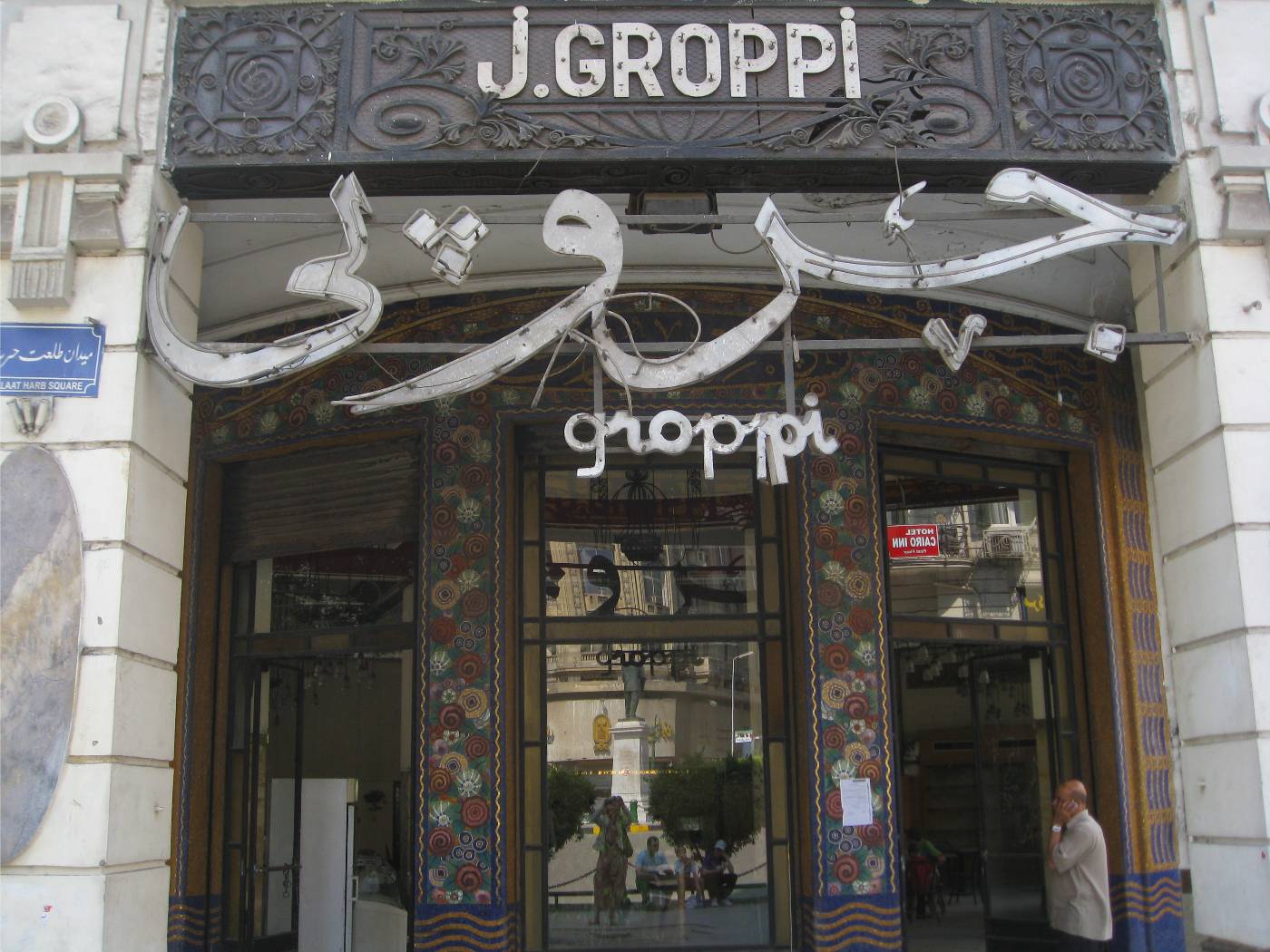
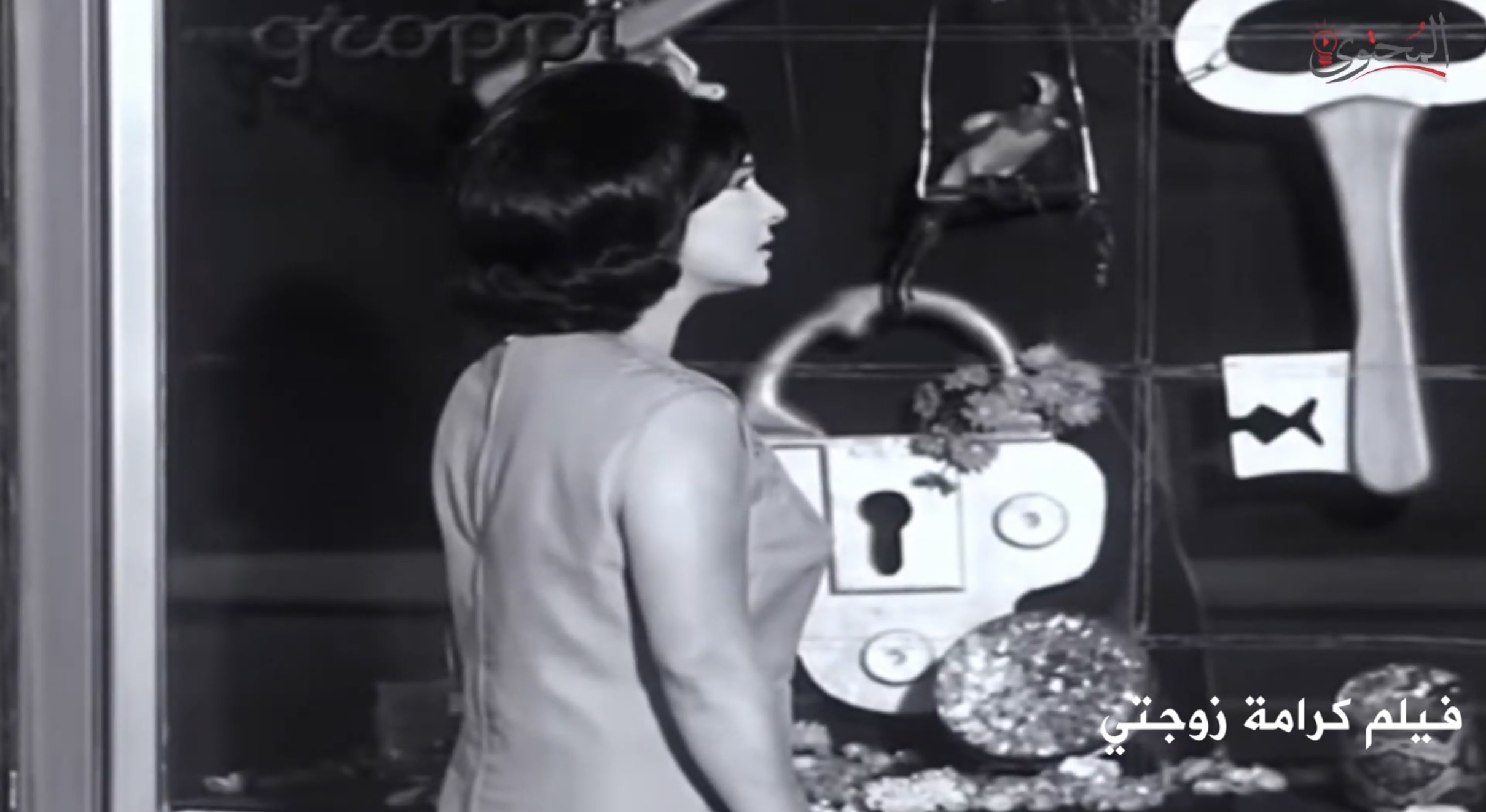





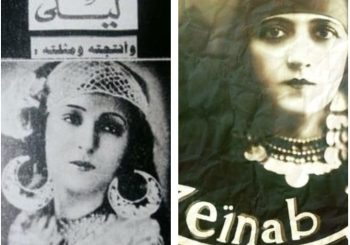
Comments (0)